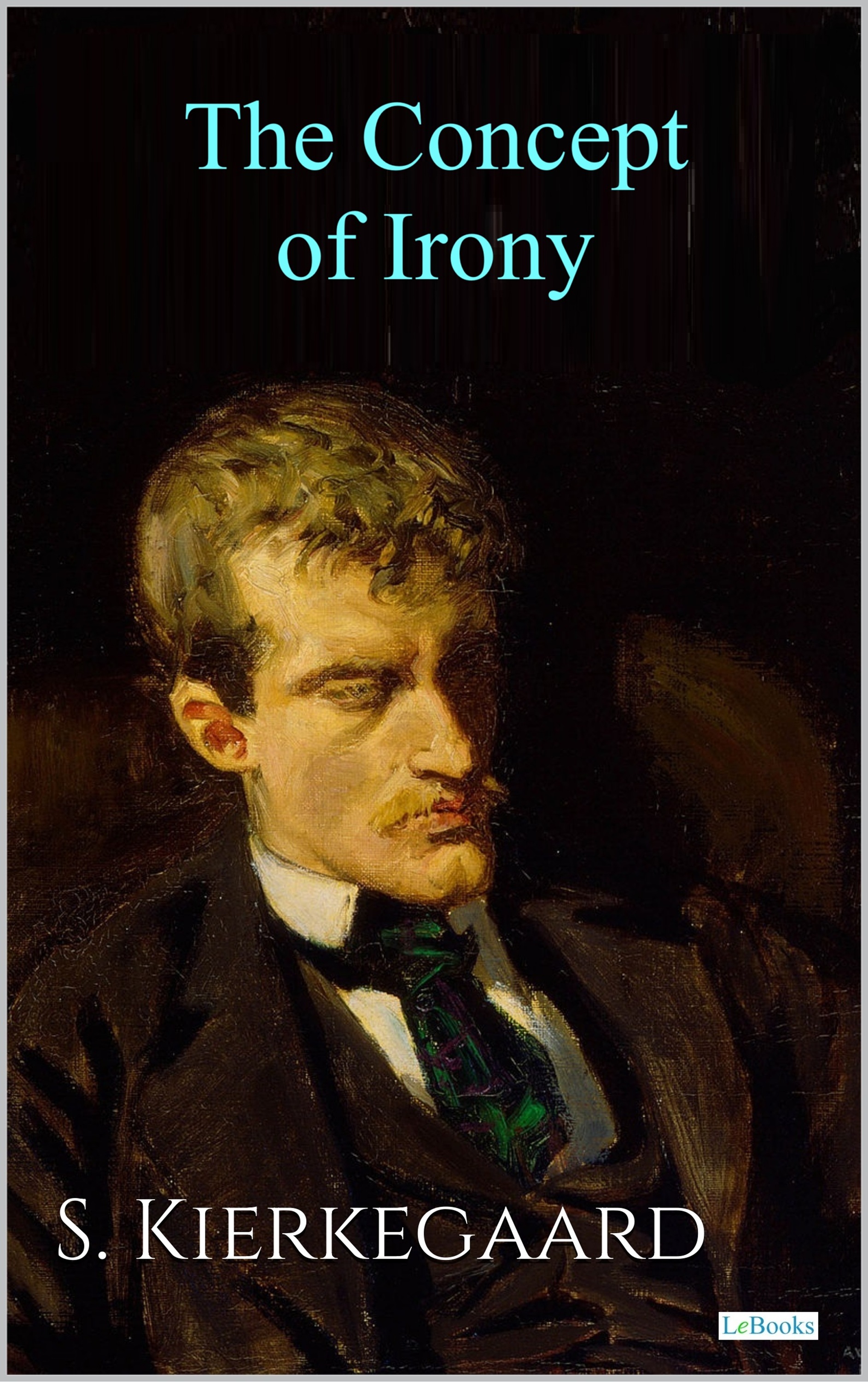
The Concept of Irony, with Constant Reference to Socrates is an in-depth investigation into the nature of irony, starting from the Socratic example to critique its superficial or purely literary interpretation. Kierkegaard proposes that Socratic irony was an existential stance that challenged conventions, opening space for authentic reflection and self-knowledge.
By analyzing irony in its historical, philosophical, and existential aspects, Kierkegaard outlines the boundaries between irony as a figure of speech and irony as an attitude towards life. His critique of the German Romantics highlights his rejection of empty abstractions and his commitment to lived reality.
Since its publication, The Concept of Irony has been recognized as one of the most important works on the theme, influencing not only philosophy but also literary and theological studies.
The enduring relevance of this work lies in its ability to provoke a radical reevaluation of the role of irony in intellectual life and existence. By investigating irony as a path to spiritual freedom, Kierkegaard invites readers to reconsider philosophy as an activity of self-knowledge and transformation, inaugurating a new way of understanding the individual and their relationship with the world.